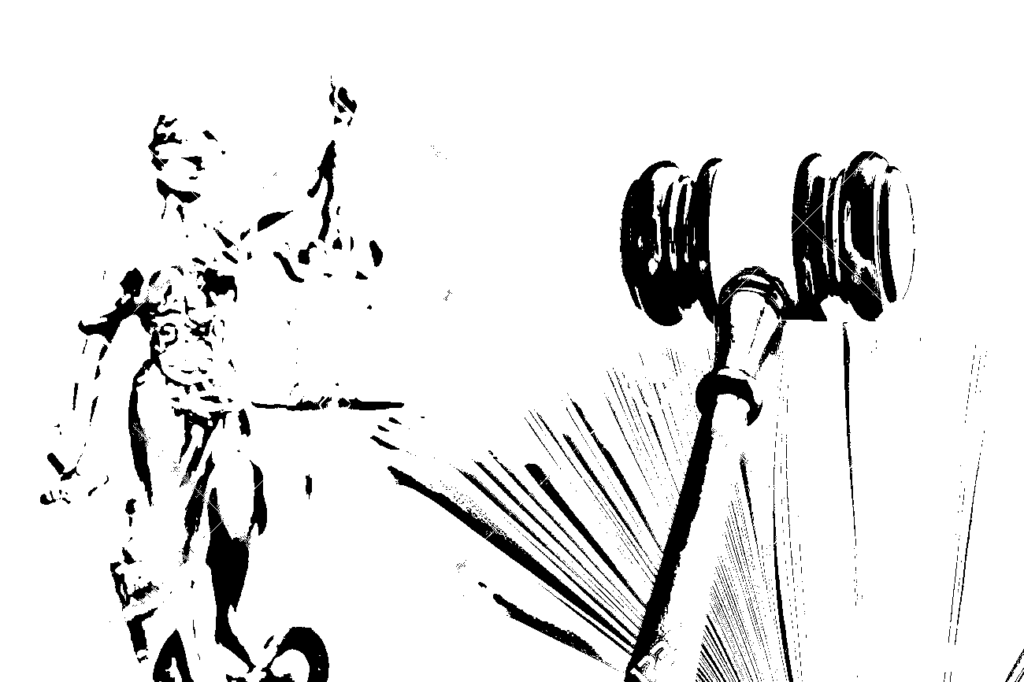If you filed a case with a State Commission or the National Commission under the 1986 Act and if that case is still pending, you can rest assured that it is unlikely to be transferred by virtue of the repeal and re-enactment.
The Consumer Protection Act is dead. Long live the Consumer Protection Act.
For those of you wondering, Consumer Protection Act, 1986 has been repealed. In its stead, we now have the brand-new and much needed Consumer Protection Act, 2019, which took the force of law on July 20, 2020.
The re-enactment has brought with it sweeping changes, the most prominent among which have to do with pecuniary jurisdiction. To begin with, the 2019 Act includes a revised method for valuing claims for the purpose of jurisdiction. The money paid for procuring the service or goods the subject of the consumer complaint is what solely determines the jurisdiction under the 2019 Act, whereas under the 1986 Act damages sought were also allowed to be factored in. That is not all, though. The pecuniary-jurisdiction limits have also been revised.
The District Commissions (formerly called District Forum) can now hear complaints where the money paid as consideration does not exceed 1 crore rupees (considerably more than the earlier ceiling of 20 lakh rupees). Matters where the consideration exceeds 1 crore rupees but does not exceed 10 crore rupees belong to the State Commissions (up from the earlier ceiling of Rs 1 crore). As for the National Commission, it is empowered to only hear matters involving a consideration of more than 10 crores.
What about pending cases, you ask? Will as-yet-undecided cases filed under the 1986 Act be transferred to a lower forum where appropriate in view of the enhanced pecuniary-jurisdiction thresholds, you wonder?

There is nothing in the 2019 Act to suggest that the changes to do with pecuniary jurisdiction mentioned above are to apply retrospectively. This assumes significance as a change-in-forum provision is presumed to not apply to pending cases unless there is explicit or implicit legislative intent to the contrary. This negative presumption exists because any change in forum in pending cases affects a substantive right.
That a prospective litigant does not have any right to insist on a particular forum (say under a repealed statute) is beyond well-settled. This is true even when the cause of action for the proposed litigation accrued prior to the change of forum. For example, a consumer case involving a consideration of 1.5 crore rupees will have to be filed before the appropriate State Commission — and not the National Commission as per the 1986 Act – even if the cause of action accrued before the coming into force of the 2019 Act.
But all this changes the moment a case is filed and becomes pending with a given forum. The litigant then acquires a right to the continuation of such case in the original forum — a right that can only be taken away by express or implicit legislative intent. So, for example, a two-crore-rupee claim filed with the National Commission during the currency of the 1986 Act cannot be transferred to an inferior forum by virtue of the change-of-forum provisions introduced by the re-enactment.
There are countless authorities for this proposition. But one that rates a mention here is Himachal Pradesh State Electricity Regulatory Commission & another vs. Himachal Pradesh State Electricity Board (2014 [5] SCC 219) for it was a case relating to a re-enacted statute containing a repeal-and-savings clause almost identical to Section 107 of the 2019 Act.
The clause in the thick of it in that case was Section 185(2) of the Electricity Act, 2003, which broadly provides that certain things begun under the repealed statutes are to be deemed to have been initiated under the re-enacted statute instead, but only to the extent they are not inconsistent with the latter. Meanwhile, Section 185(5) clarifies that the mention of any particular matter in sub-section 2 is not meant to “prejudice or affect the general application of section 6 of the General Clauses Act, 1897 (10 of 1897) with regard to the effect of repeals.” In that case, it was contended that the vested right of forum stood lost in view of Section 185(2). But the court rejected this contention.
This may be the first time the Consumer Protection Act has been repealed and re-enacted, but this is not the first time the pecuniary-jurisdiction limits of various consumer dispute redressal fora have been revised. The 1986 Act saw the enhancement of these limits twice during its lifetime – first in 1993 and then in 2002. On both occasions the National Consumer Dispute Redressal Commission was called on to decide whether the enhanced limits applied to pending cases, and on both occasions it answered in the negative (see Premier Automobiles Ltd. Vs. Dr. Manoj Ramachandran & Ors., [1994] CPJ 88 [NC] and Babita Aggarwal Vs Dr.S.K. Goel, [2007] 14 SCC 641).
If you filed a case with a State Commission or the National Commission under the 1986 Act and if that case is still pending, you can rest assured that it is unlikely to be transferred by virtue of the repeal and re-enactment.

An advocate with nigh on a decade’s worth of litigation experience and an insatiable appetite for knowledge, yours truly has been a regular in the Supreme Court and various other courts and fora in and around Delhi—as well as various High Courts around the country. He is a founding partner at The Law Syndicate.

